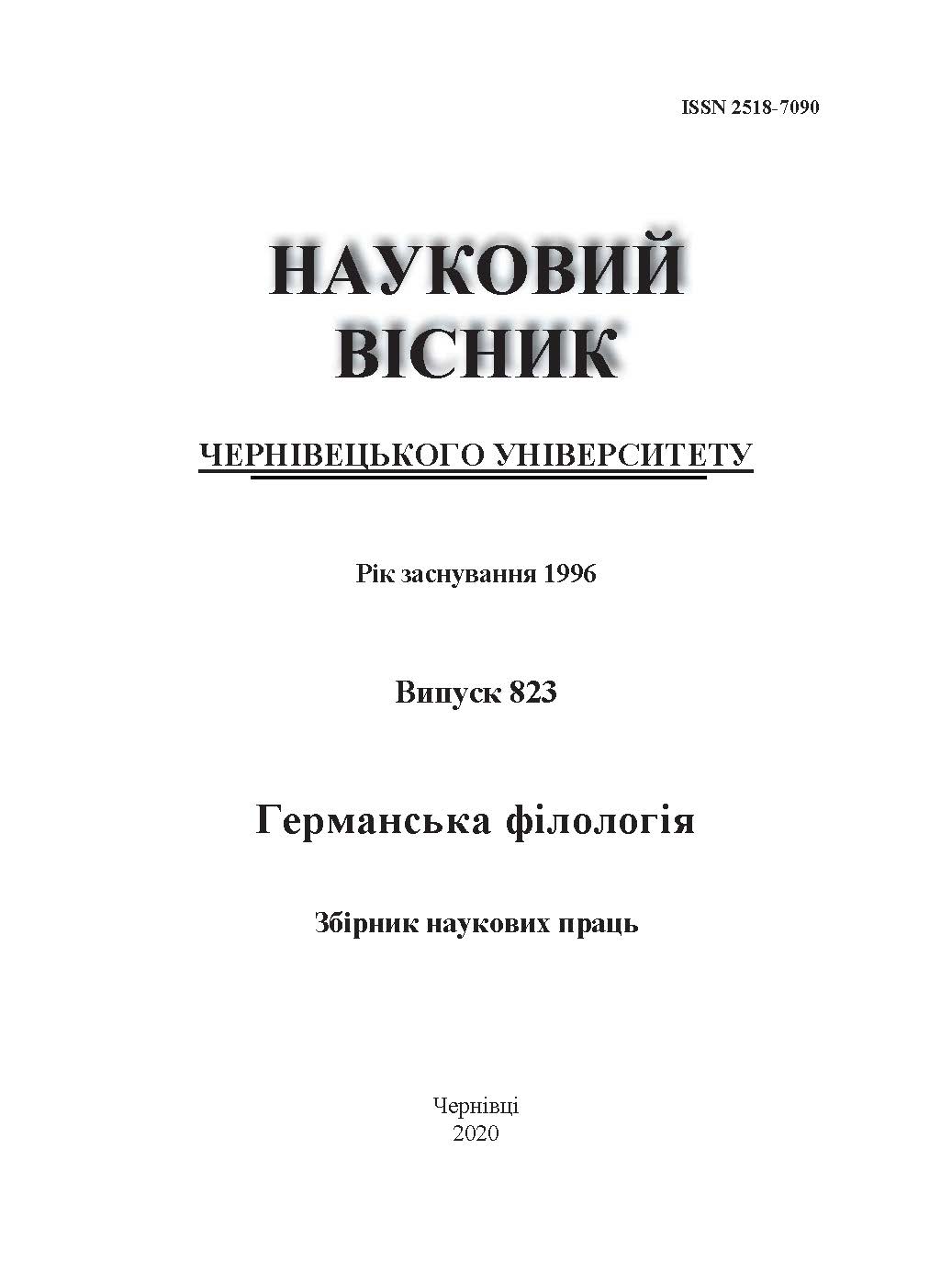МОДЕЛІ СЕМАНТИЧНОЇ ДЕРИВАЦІЇ ЛЕКСИКИ «МЕНТАЛЬНОГО ЗАТЬМАРЕННЯ» В АНГЛІЙСЬКІЙ МОВІ
DOI:
https://doi.org/10.31861/gph2020.823.64-71Abstract
The paper focuses on the mechanisms and strategies of semantic derivation of terms of «mental obscuration» – a semantic class of words that denote the situation of person’s partial or total loss of mental contact with the environment and their inner world. The study shows the characteristics of the development of a «mental obscuration» vocabulary semantic paradigm and reveals the semantic derivation models of the given class of words in the English language. The semantic derivation modelling provided in the paper proceeds from the assumption that a linguistic item’s semantic paradigm develops on a par with the changes, occurring within the concept of situation. The changes are thought to determine the types (models) of semantic shift strategies that underlie the development of «mental obscuration» terms’ semantic paradigms. The analysis of the semantic shift strategies of the English «mental obscuration» terms has revealed that the concept may extend to the boundaries of the internal (occurring within the hierarchy of person’s mental systems) and external (occurring within the hierarchy of person’s evaluative systems) conceptual domains. The study concludes that the extension of a prototypical situation concept depends on the degree of locality of derivational relations between the source and target situations. It has been established that the extension of the source situation concept of «mental obscuration» vocabulary in English is realized based on the role, pragmatic and categorical derivational strategies.






